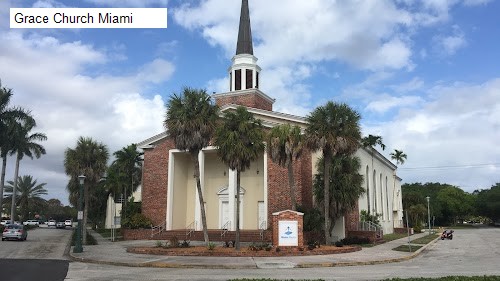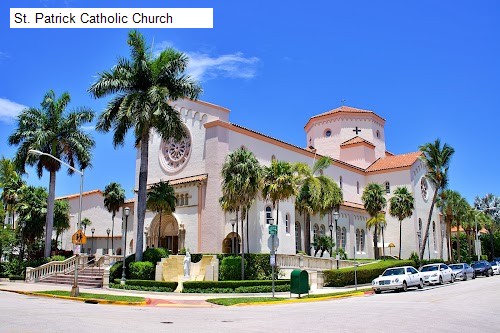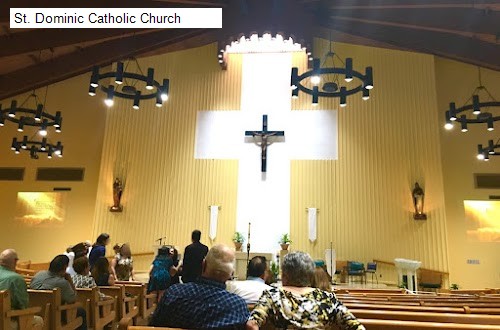1 /5 furenaef: I want to begin by saying this isn’t a hit piece. I’ve attended Vineyard Church for a season of my life and met some genuinely kind, sincere people—both in the congregation and on staff. The pastor was personable, the volunteers were welcoming, and the environment was intentionally relaxed and friendly. I completely understand the appeal.
But over time, I began to notice things that troubled me—not because I’m looking to nitpick, but because I believe the church plays an eternal role in shaping souls. I’m now convinced that, despite good intentions, Vineyard’s model of church might unintentionally produce believers who are spiritually undernourished, and in some cases, pushed toward unbelief altogether. That’s why I—along with others—have started to think of it as what some call an “atheist factory.”
Here’s why
1. Worship or Concert?
The worship style at Vineyard is energetic and emotionally charged, more like a rock concert than reverent liturgy. For some, that’s engaging. But for me, it lacked depth. The songs often sound like Jesus is a boyfriend helping you through a break up—lots of emotion, not much theology.
When worship centers around feelings rather than truth, people may confuse emotional highs for spiritual depth. What happens when those feelings fade? If Jesus is only your comfort in a breakup song, do you still follow Him when the emotions aren’t there
2. TED Talks About Jesus
The sermons were casual, often filled with jokes or life advice. I wanted Bible-based teaching, rooted in history and doctrine. But instead, I got what felt like a TED Talk encouraging, sometimes clever, but spiritually light.
The danger is this: if people are never challenged to wrestle with sin, sacrifice, or salvation history, they’re left with a feel-good version of faith that can’t hold up under suffering, doubt, or serious critique.
3. Loss of the Sacred
It bothered me that coffee cups were brought into the sanctuary like it was a café. Baptisms were sometimes done by laypeople without the traditional Trinitarian formula. Communion was rare, and when offered, felt optional almost an afterthought.
These may seem like small things, but taken together, they reflect a loss of reverence. Christianity is not just a social gathering—it’s a sacred encounter with the living God. When that sacredness disappears, people start treating church like any other activity: something they might drop when life gets busy or another interest arises.
4. Cultural Blending
Vineyard celebrates Halloween events. It supports female pastors (prior to 2006 Vineyard did not allow women pastors, why now?) It uses modern language and casual theology to make the Gospel more “relevant.” But at what cost?
While many see these choices as progressive or inclusive, I couldn’t help but feel that Vineyard is more interested in adapting to culture than challenging it. And if the church starts to reflect the world more than the Kingdom, why would people stay? They can just go to therapy, yoga, or brunch and get the same warm vibes without the awkward “sin” talk.
5. No Root in Tradition
Vineyard’s website claims to draw from “the rich traditions of the Church throughout history,” but I saw little evidence of that. No liturgy. No creeds. No connection to Church Fathers. No reference to the early Church. Just a modern shell with spiritual slogans.
When a church loses its historical foundation, it becomes just another version of spiritual self-help. And when people eventually realize that, they may walk away altogether—into agnosticism, deconstruction, or full-blown atheism.
In conclusion,
I don’t say any of this to attack, but to warn. Vineyard’s intentions may be good. But good intentions don’t always produce faithful disciples. When reverence is replaced with entertainment, when truth is softened into life tips, and when tradition is thrown out for relevance, the result is often a faith too weak to survive.
I recommend the book “Rock and Sand” by Josiah Trenham. It offers a powerful perspective on what Christianity was—and what it should still be.








